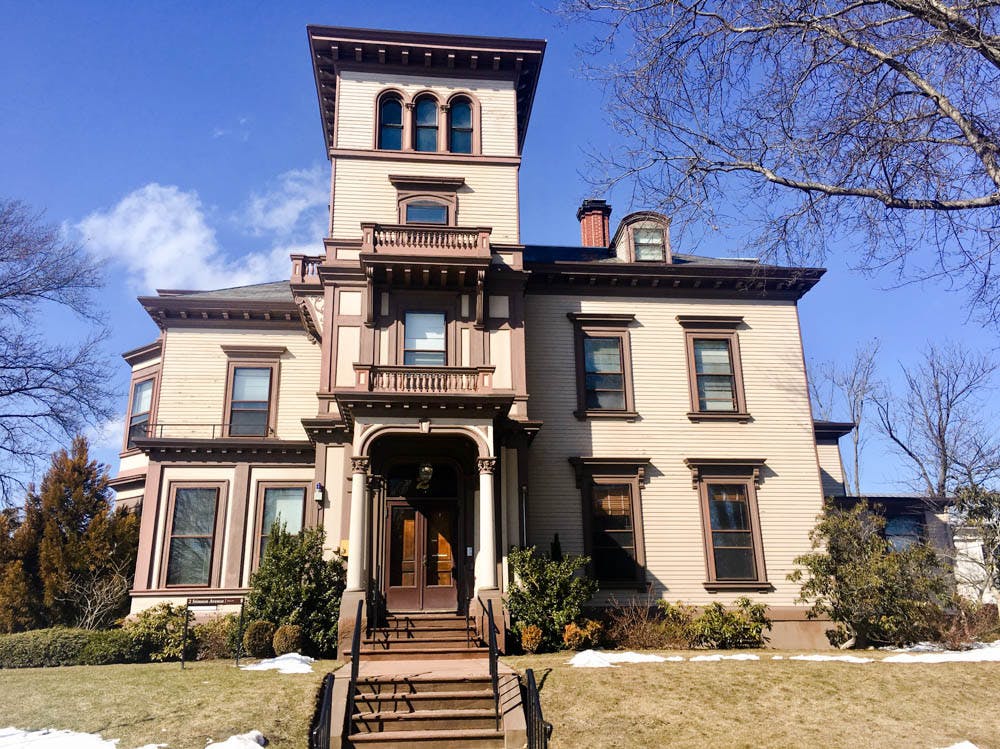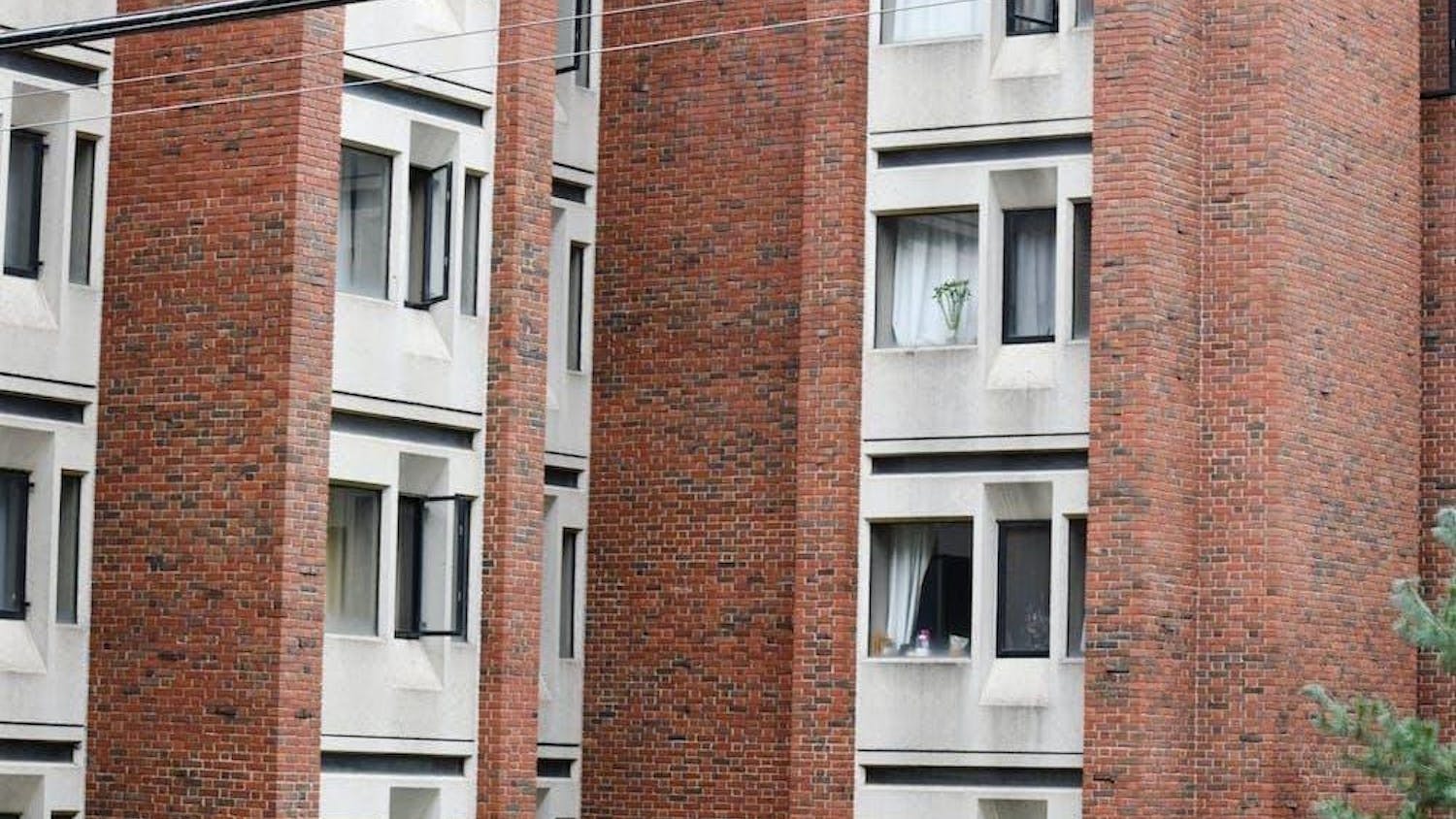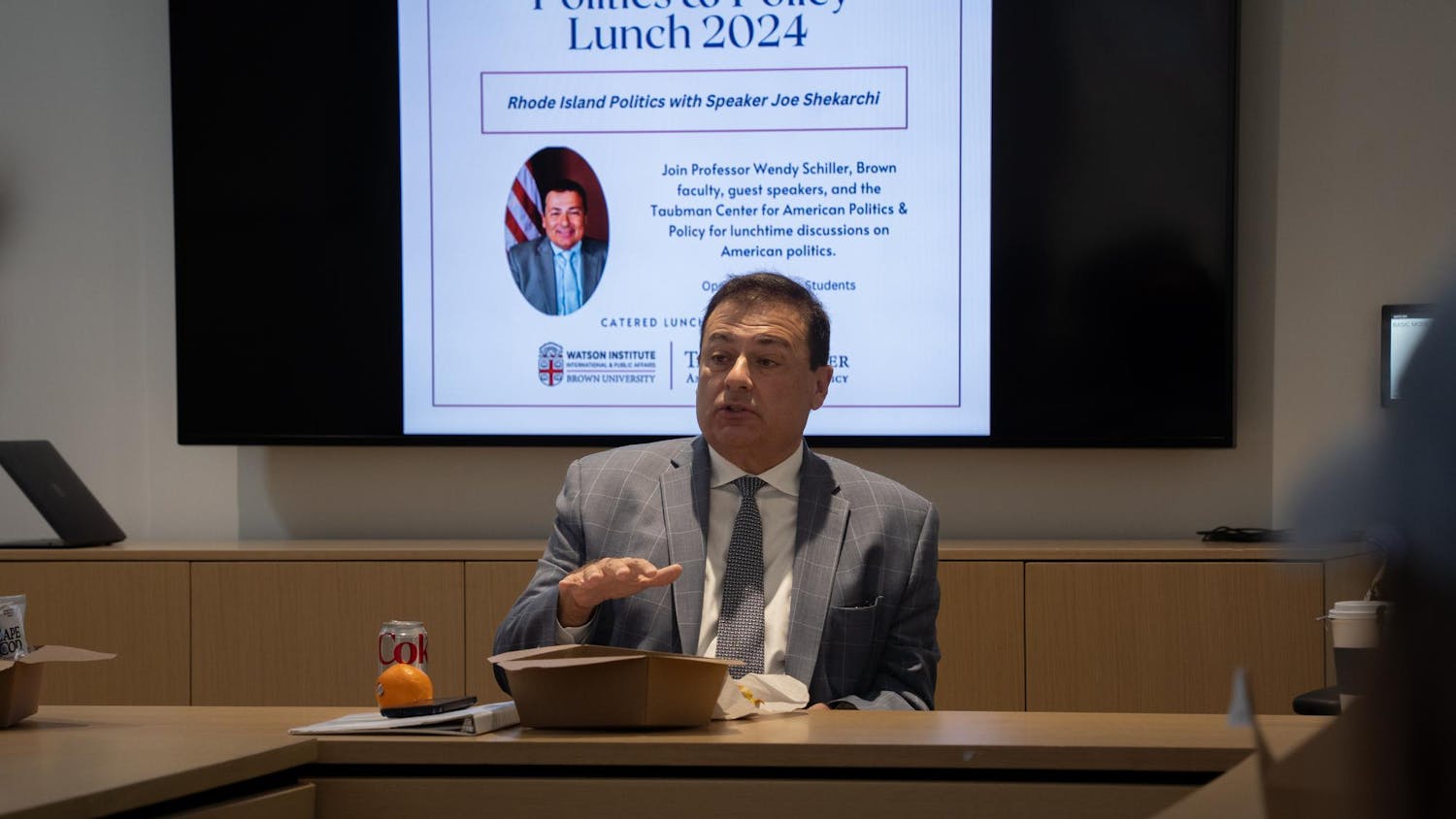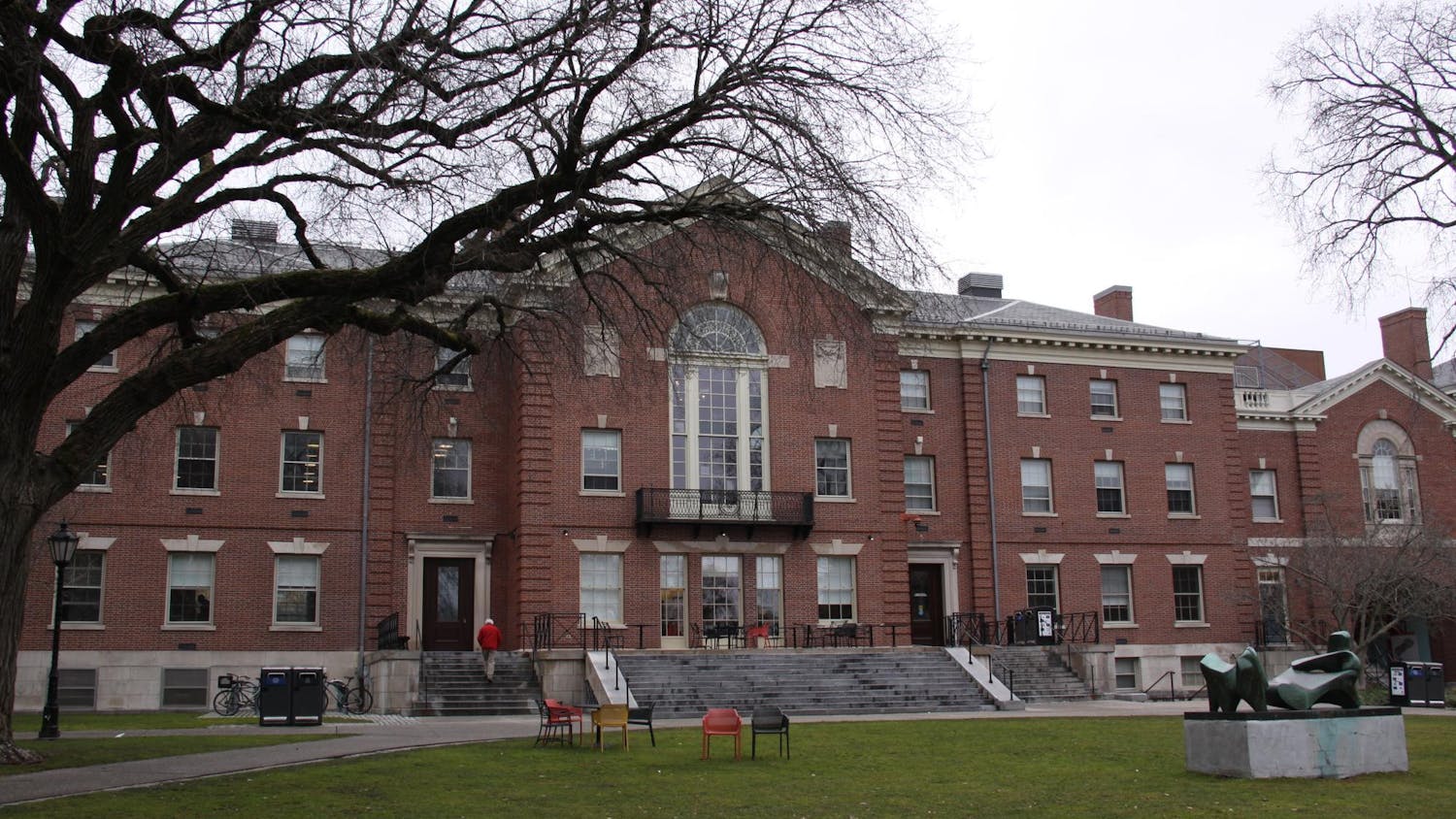The Carnegie Foundation for the Advancement of Teaching designated the University as a recipient of the Carnegie Community Engagement Classification Jan. 31.
With the resulting classification, the University became one of 359 other colleges and universities that actively hold the designation. Of these, only 28 other institutions are classified as doctoral universities with “very high research activity status,” according to a University press release.
In order to be eligible for this distinction, universities must complete a self-evaluation of their community outreach and put together an application over the course of about a year, Mathew Johnson, executive director of the Swearer Center for Public Service, associate dean of the College for Engaged Scholarship and director of the Carnegie Foundation Community Engagement Classification, wrote in an email to The Herald. Applying institutions must demonstrate that community engagement is ingrained in their strategic plans, Johnson said. The University had to show that community engagement was present “in the way we think about finance, in the way we think about the curriculum,” he added. “It really is a campus-wide application.”
Johnson and Deputy Provost of Global Engagement and Strategic Initiatives Shankar Prasad chaired the committee tasked with completing the application and submitted it in April 2019.
Johnson recused himself from Carnegie’s selection process due to the conflict of interest between his roles at the University and the Carnegie Foundation. Swearer Center Assistant Director of Research and Assessment Georgina Manok MPA’16 also abstained from the process because of conflicting roles at both institutions.
The review panel that decides the classification comprises “experts from the field of community engagement,” Johnson wrote. “Some experts are scholars of higher education, some (are) scholars of the pedagogy of engagement, some are practitioners and administrators in higher education engagement and some represent higher education association or national nonprofit partners,” he added.
The chief benefit of receiving the designation is the “self-study process” that took place while applying, Johnson said. Learning about the various forms of community engagement on campus “was an exercise showing that not everything happens through the Swearer Center, that there are lots of nodes of engagement all throughout the University,” he added.
An example of community outreach ingrained in a program outside the Swearer Center is the partnership between the master of education program and local Providence schools. Students in this program begin their teaching experience at Brown Summer High School, which educates “many students from the local community, especially our urban partner schools” like Hope High School, said Diane Silva Pimentel ’93, director of the Teacher Preparation Program and associate professor of the practice for science education.
As part of the newly redesigned master of education program, students then work as student teachers in one of four Providence partner schools every day for an entire semester, allowing them to “become part of the community right from the beginning.”
“Part of our commitment to the local districts has been trying to also get students to come to our program who want to stay and teach in (Providence) schools,” Pimentel said. The program also focuses on working with English language learners and students with special needs.
The Swearer Center also offers Engaged Scholars programs that combine coursework with community outreach. One such course is ANTH 1301: “Anthropology of Homelessness,” taught by Adjunct Lecturer in Anthropology Irene Glasser. In addition to weekly classes and assignments, students are expected to spend two hours per week at a homeless-serving organization that Glasser has formed a relationship with. “For those students who want to be engaged in the community, this is an opportunity,” Glasser said.
Another aspect of community engagement at Brown are student organizations such as Housing Opportunities for People Everywhere, a program run through the Swearer Center that has become an important homelessness outreach force in the state, according to HOPE Co-Director Michael Gold ’20. HOPE works to end homelessness in Rhode Island through a mix of direct service and advocacy, such as distributing supplies, helping people apply for affordable housing and pushing for legislative reform, Gold said.
HOPE believes in a “balance of recognizing that we don’t have the answers to these problems, but we are a part of (the) problem,” Gold said. “Institutions of higher learning should recognize that they are not just in their bubble and have an opportunity to assist the community (in accordance with) the community’s own wishes.”
Receiving this designation also benefits the University because its “history has not always been the best with the (external) community,” Johnson said. While there is no direct reward that comes from achieving this designation, its prestige can be used as a “marker of quality” to help the University procure outside funding.





